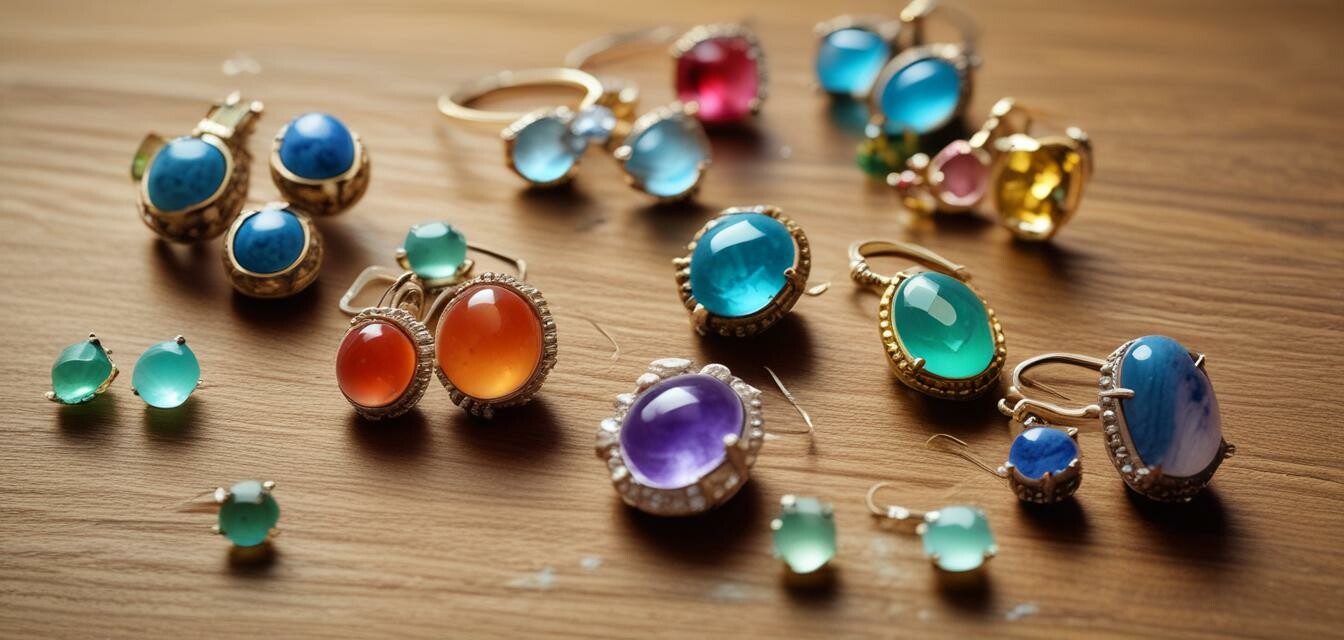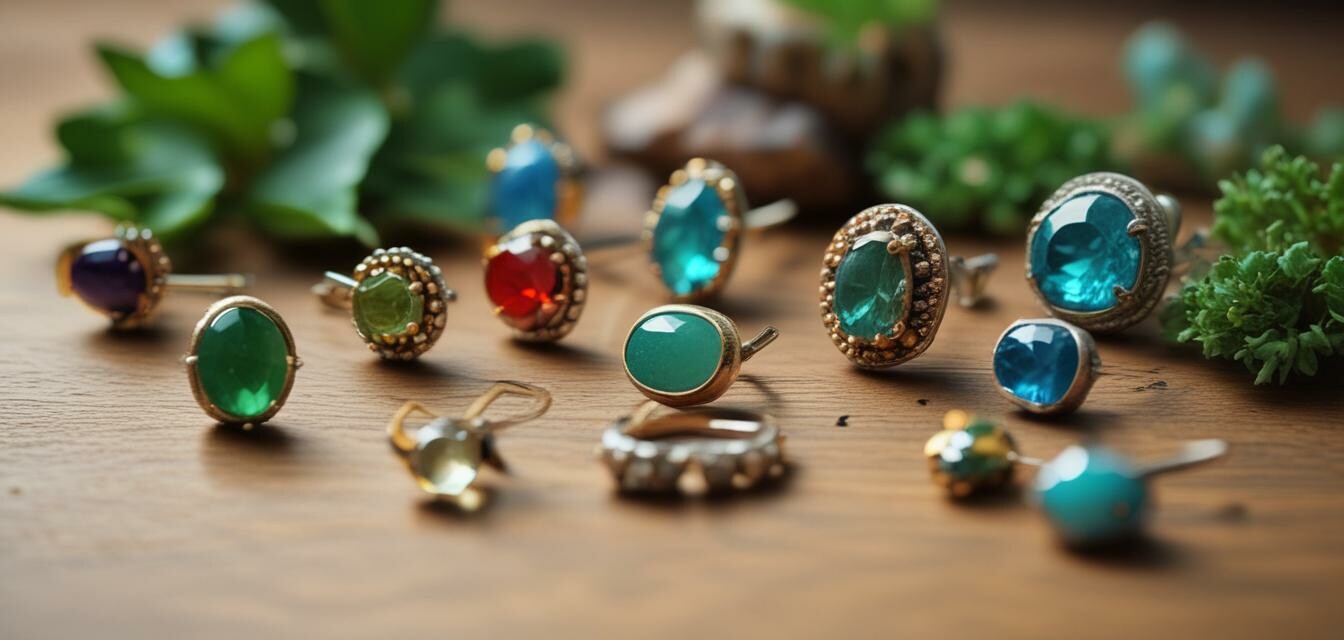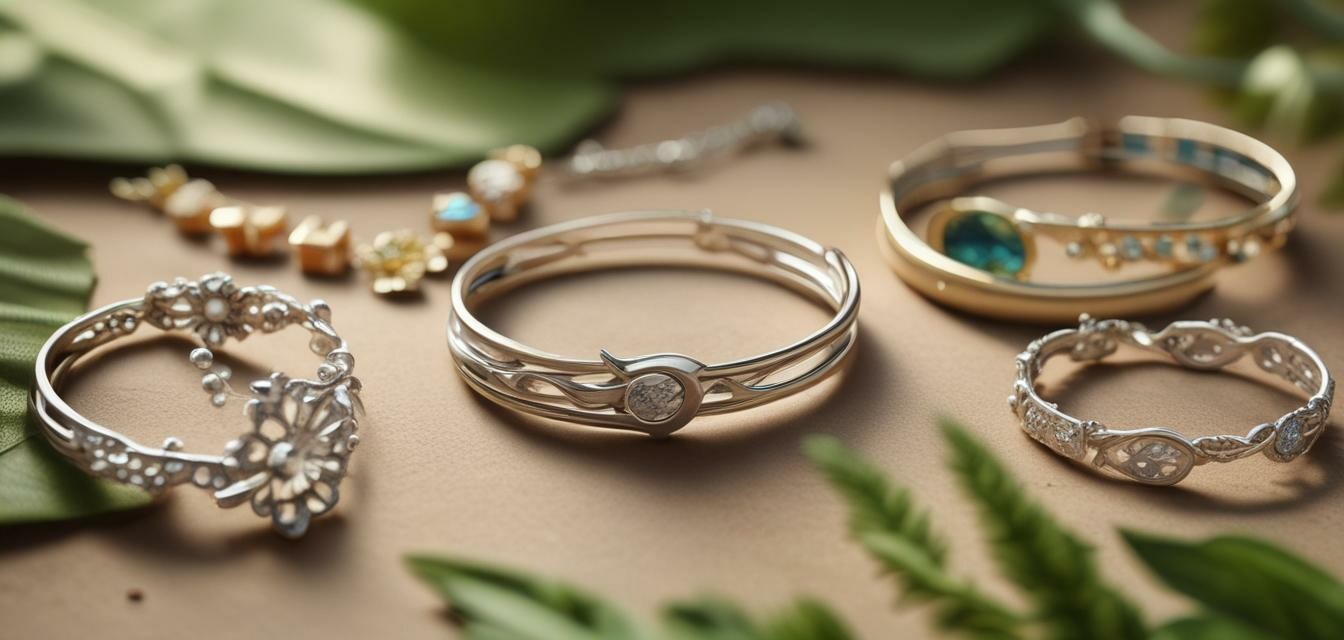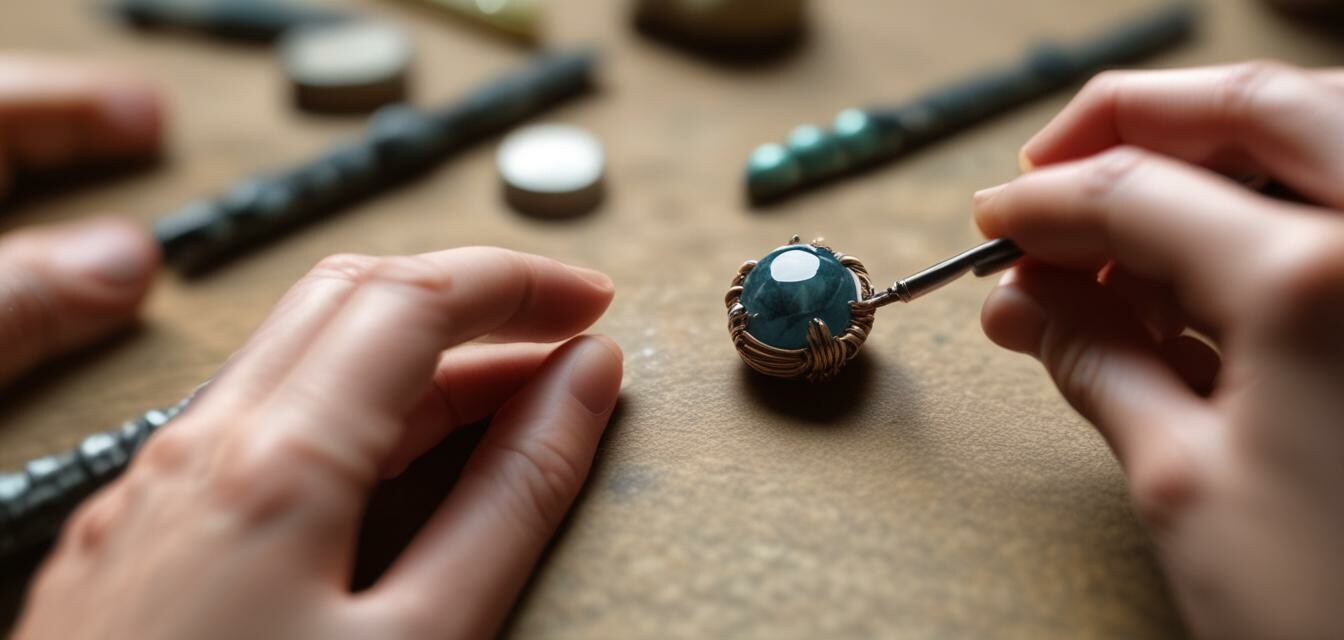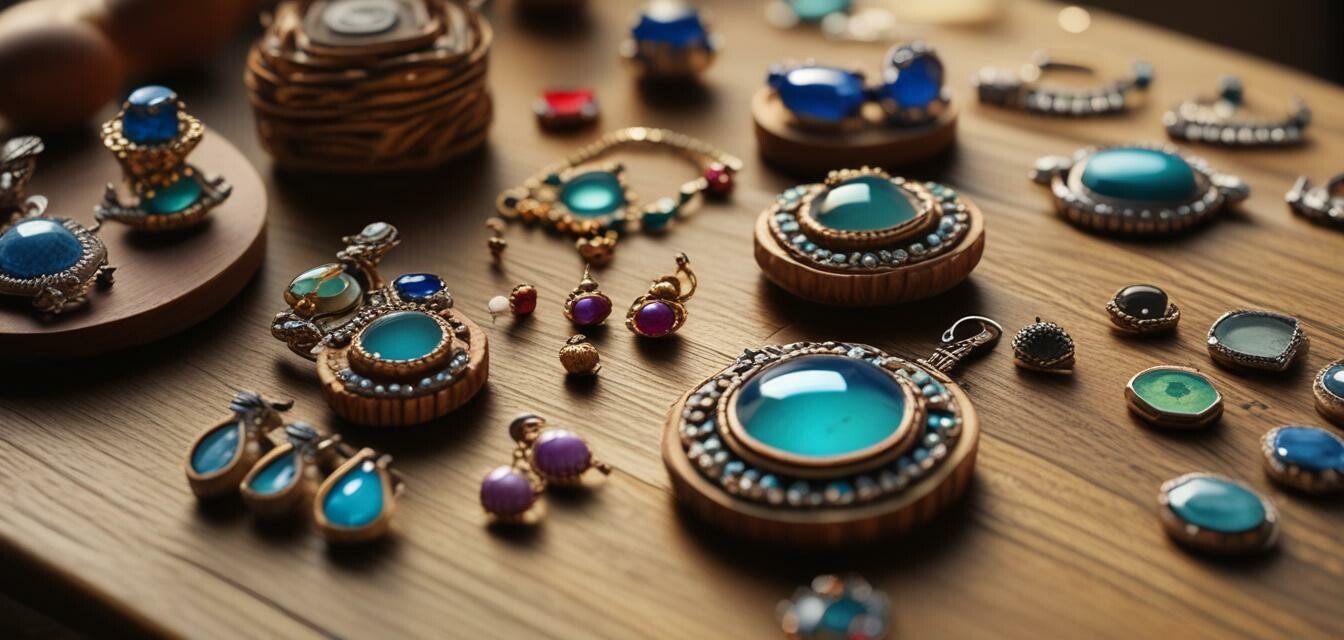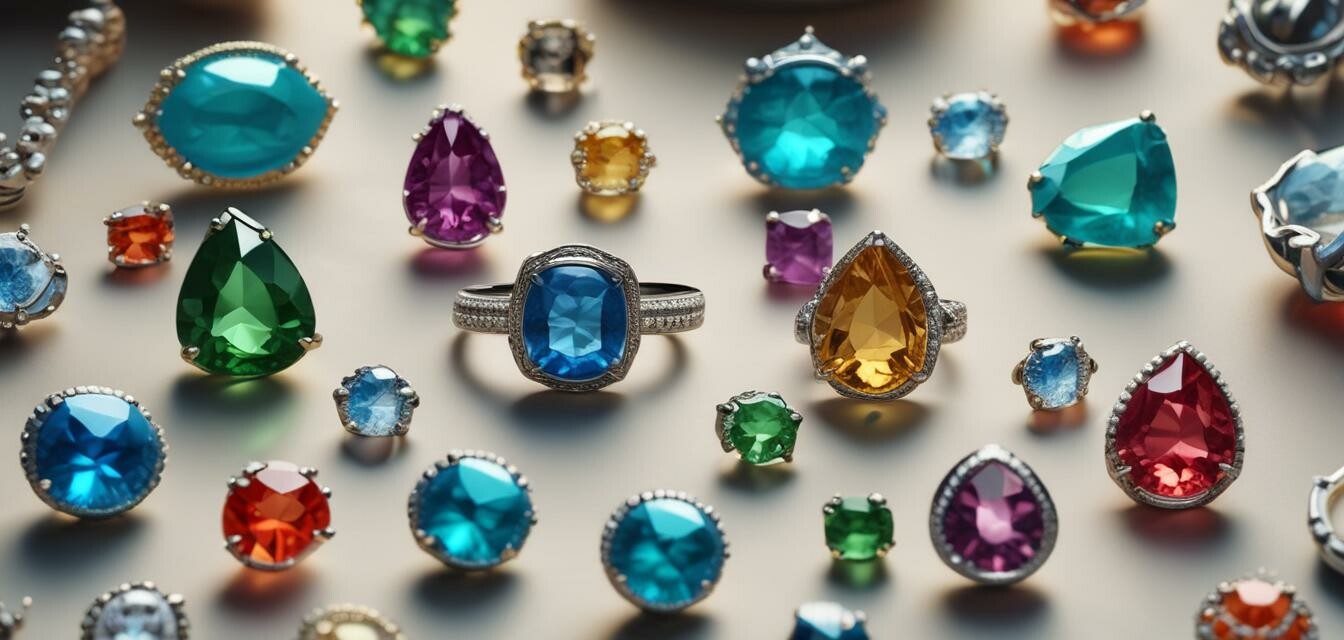
Certification of Ethical Jewelry
When it comes to purchasing ethical gemstone jewelry, understanding certifications and labels is crucial. With so many options available, it can be overwhelming to navigate the world of sustainable and eco-friendly jewelry. In this article, we'll break down the various certifications and labels you should look for when shopping for ethical jewelry.
Key Takeaways
- Look for certifications like Fairtrade, Fairmined, and Responsible Jewellery Council (RJC) when shopping for ethical jewelry.
- Labels like "eco-friendly" and "sustainable" can be misleading, so be sure to research the brand's practices.
- Certifications ensure that the jewelry is made with environmentally and socially responsible practices.
What Does Certification Mean?
Certification in the context of ethical jewelry refers to a third-party validation that the jewelry meets certain standards of social and environmental responsibility. These standards can include fair labor practices, sustainable sourcing, and environmentally friendly production methods.
| Certification | Description |
|---|---|
| Fairtrade | Ensures fair prices, decent working conditions, and community development for mining communities. |
| Fairmined | Guarantees that gold and other precious metals are extracted in a responsible and environmentally friendly manner. |
| Responsible Jewellery Council (RJC) | Certifies that jewelry companies meet ethical, social, and environmental standards throughout their supply chain. |
Labels vs. Certifications
While certifications are third-party validated, labels like "eco-friendly" and "sustainable" can be misleading. These labels can be used by companies without any real commitment to social and environmental responsibility.
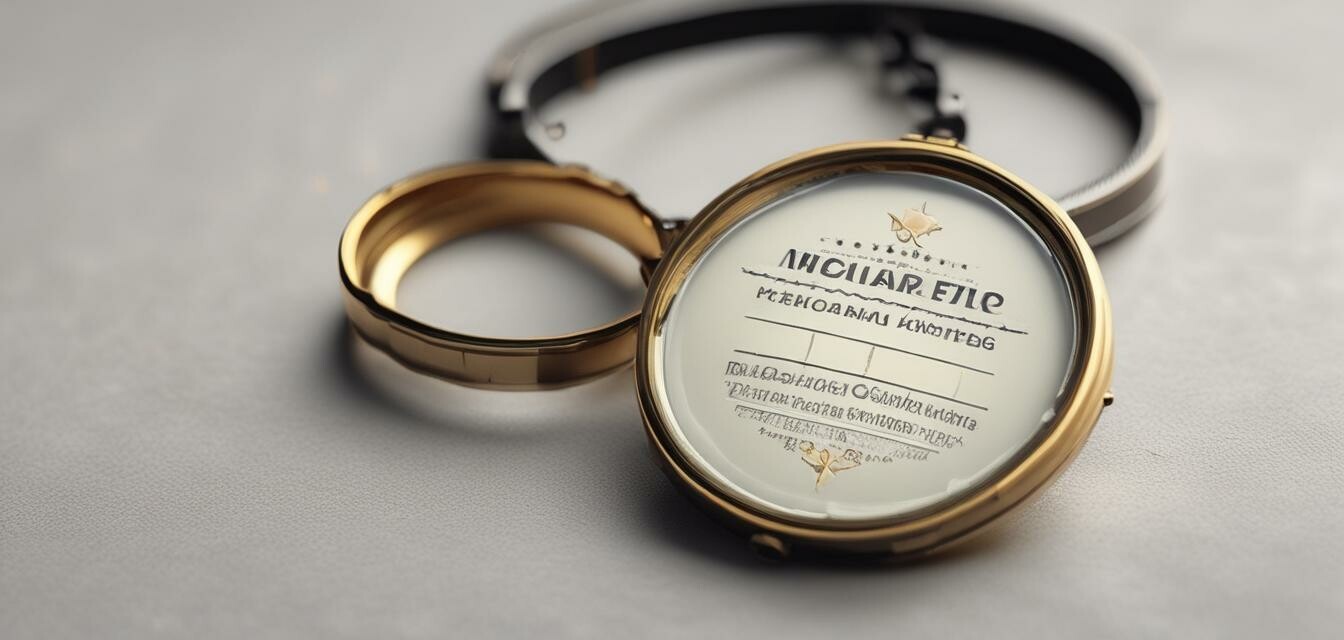
Benefits of Certified Ethical Jewelry
Choosing certified ethical jewelry has several benefits, both for the environment and for the people involved in the production process.
- Supports fair labor practices and fair prices for mining communities.
- Ensures environmentally friendly production methods, reducing the impact on the environment.
- Provides transparency throughout the supply chain, giving consumers peace of mind.
Beginners Guide to Ethical Jewelry
- Start by researching brands that prioritize ethical and sustainable practices.
- Look for certifications like Fairtrade, Fairmined, and RJC when shopping for jewelry.
- Consider purchasing second-hand or upcycled jewelry as an eco-friendly alternative.
Explore our collection of upcycled jewelry for a sustainable and stylish option.
Conclusion
Certification of ethical jewelry is a crucial step in ensuring that the jewelry you purchase is made with environmentally and socially responsible practices. By understanding the different certifications and labels, you can make informed decisions when shopping for ethical jewelry.
Pros
- Ensures fair labor practices and fair prices for mining communities.
- Supports environmentally friendly production methods.
- Provides transparency throughout the supply chain.
Cons
- Certifications can be costly for companies, which may be passed on to consumers.
- Not all companies prioritize ethical and sustainable practices.
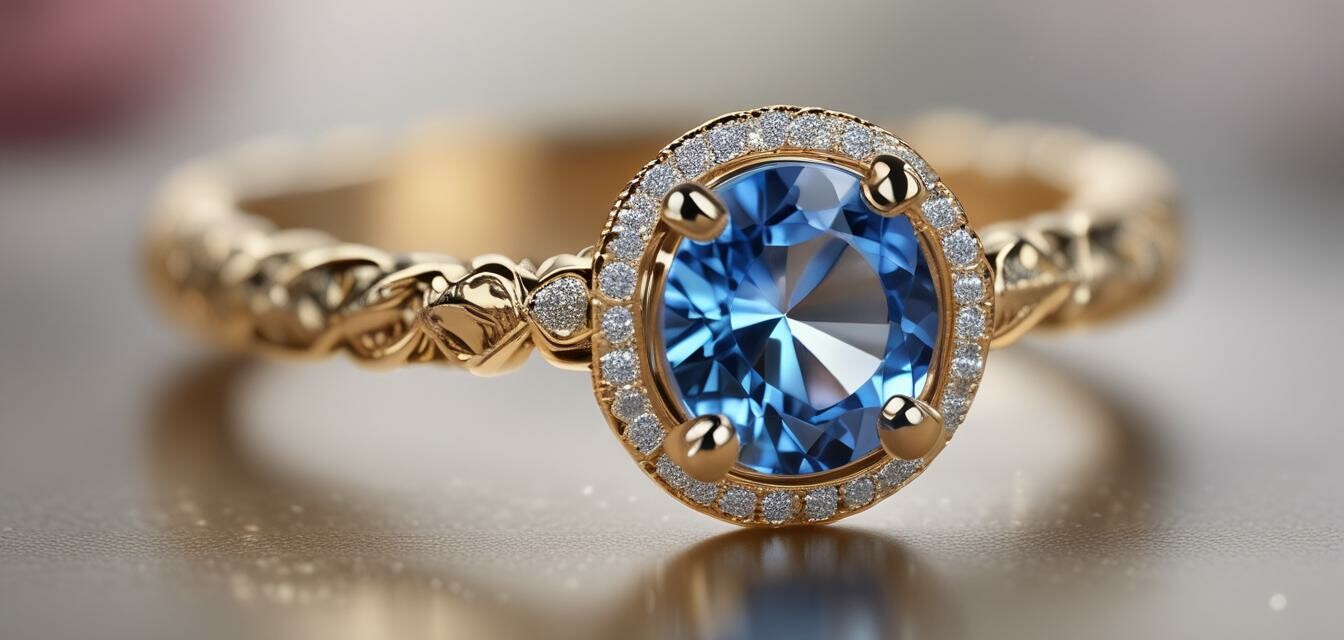
When shopping for ethical jewelry, be sure to look for certifications like Fairtrade, Fairmined, and RJC. These certifications ensure that the jewelry is made with environmentally and socially responsible practices. Explore our collection of ethical stone earrings for a stylish and sustainable option.
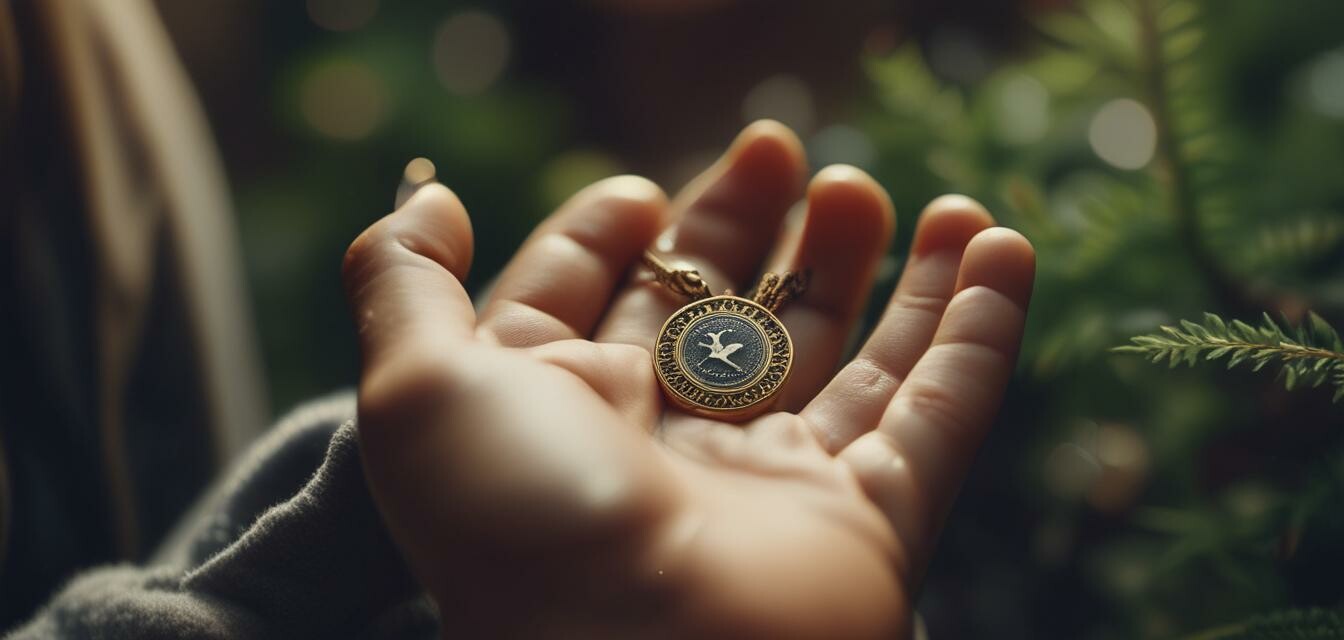
By choosing certified ethical jewelry, you're not only getting a beautiful piece of jewelry, but you're also supporting a more sustainable and responsible industry.
